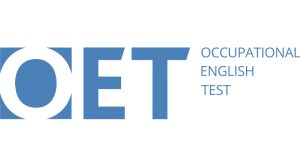
GRE
GRE
The GRE (Graduate Record Examinations) is a standardized test used by graduate and business schools to evaluate the academic skills of applicants. It is administered by the Educational Testing Service (ETS), a non-profit organization that provides a wide range of educational and testing services.
The GRE consists of six sections: Verbal Reasoning, Quantitative Reasoning, Analytical Writing, an unscored Experimental section, and two unscored Verbal or Quantitative sections. The Verbal Reasoning and Quantitative Reasoning sections measure your ability to understand and analyze written material and solve math problems, respectively. The Analytical Writing section measures your ability to write clear and coherent essays. The Experimental section is used by ETS to test new questions or question types, and the two unscored sections are used to help ensure the fairness and validity of the test. The total testing time for the GRE is about 3 hours and 45 minutes.
The GRE is scored on a scale of 130 to 170 points in one-point increments, with each section receiving a separate score. The scores for the Verbal Reasoning and Quantitative Reasoning sections are reported separately, and the score for the Analytical Writing section is reported on a scale of 0 to 6 points in half-point increments. The minimum score required for most graduate and business schools is around 150-160 points, but the exact score requirements may vary depending on the institution or program.




